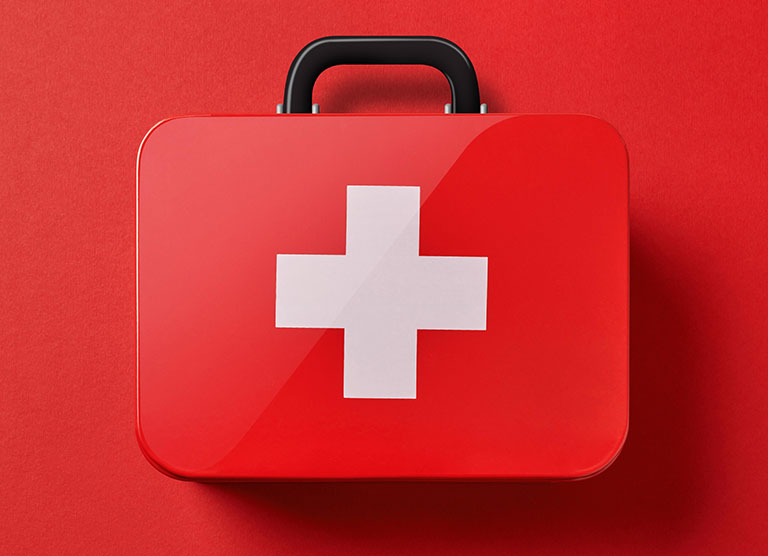In an unpredictable world, knowing how to respond in a medical emergency can mean the difference between life and death. First aid is the immediate assistance provided to an injured or ill person until professional medical treatment becomes available. While it may seem daunting, understanding basic first aid principles is simpler than you might think and the impact of these skills can be profound.
Each year, a significant number of preventable injuries occur in workplaces. According to recent statistics, slips, trips and falls remain among the most common types of workplace accidents.
What is First Aid and why does it matter?
First aid consists of immediate and potentially life-saving care given at the scene of an accident or during a sudden illness. It serves three essential purposes: preserving life, preventing further harm, and promoting recovery. Whether at home, in the workplace, or in public, these critical skills can make a crucial difference in emergency situations.
There are many practical workplace benefits to having first aid knowledge:
- Faster response times. Immediate help can be provided before emergency services arrive, which is vital in time-sensitive situations such as cardiac arrests or severe bleeding.
- Prevention of complications. Proper immediate care can prevent injuries or conditions from worsening, such as cleaning and dressing a wound to prevent infection.
- Increased workplace safety. First aid training creates awareness of potential hazards and promotes a safety-conscious culture.
- Reduced recovery time. Addressing injuries quickly can minimise work absences and lower medical expenses.
The Chain of Infection
Understanding the “chain of infection” can help you prevent the spread of illnesses. This chain consists of six links: the infectious agent, reservoir, portal of exit, mode of transmission, portal of entry, and susceptible host. Breaking even one link in this chain dramatically reduces the risk of infection spread.
First Aid essentials everyone should know
While first aid training is essential for a comprehensive knowledge, some basics everyone should be familiar with include:
- Knowing what belongs in a first aid kit and where to find one in your workplace
- Understanding how to properly wash hands to prevent infection
- Recognising when and how to obtain consent before providing assistance
- Basic knowledge of personal protective equipment (PPE) like gloves and face masks
Building confidence for emergencies
Many people fear responding to emergencies because they worry about making mistakes. However, in life-threatening situations, immediate intervention can be crucial. Many jurisdictions offer legislative protection for well-intentioned individuals who act to save someone’s life. This is often referred to as “Good Samaritan” legislation.
Our “Basic First Aid” eLearning course provides comprehensive training on first aid fundamentals, covering everything from understanding your legal responsibilities to infection prevention techniques. The course explains what first aid is and how it benefits the workplace, helping you become a more confident and capable first responder in emergency situations.








